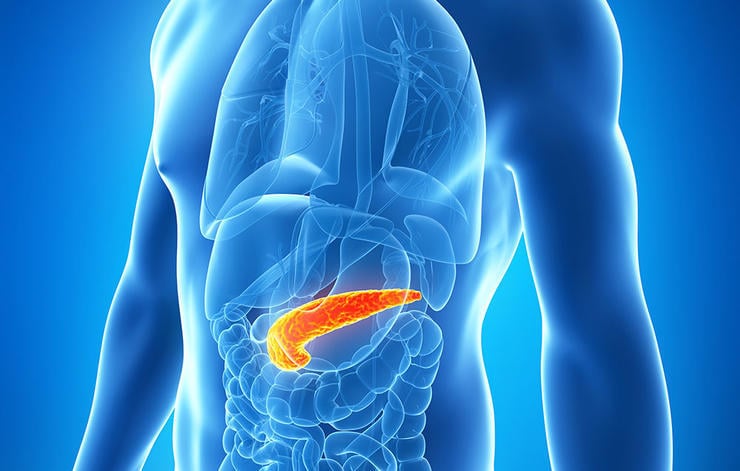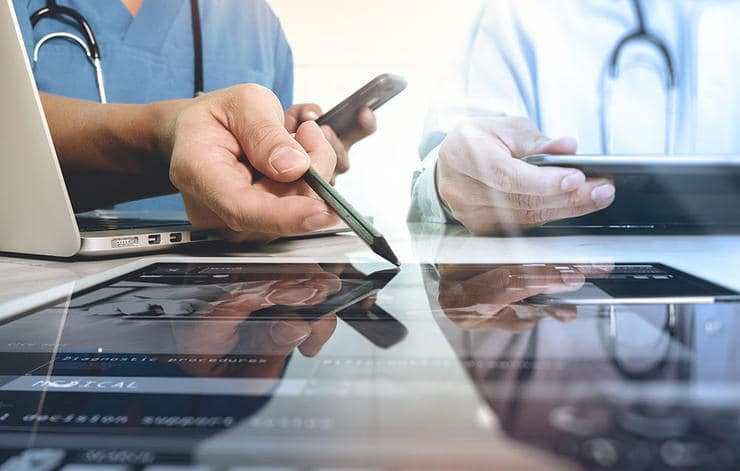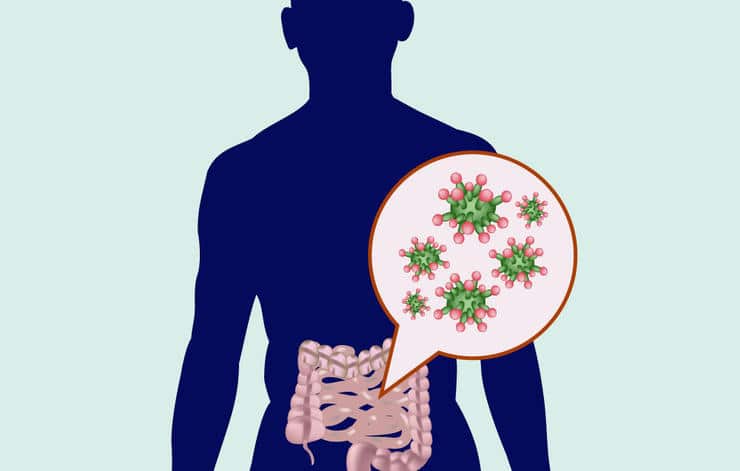Using “augmented reality” and 3-D visualisation, surgeons will be more precise when performing complex and dangerous procedures, says Michael Roizen, M.D., chief wellness officer at the Cleveland Clinic.
Just one example: When removing cancer-riddle tumour cells, a surgeon using augmented reality will be able to see exactly which cells contain normal DNA and which contain cancer mutations.
“The surgeon will see the cancer cells as a different colour than the normal cells,” Dr. Roizen explains.
As a result, patients will be less likely to suffer lasting dysfunction or cancer recurrence.
Your body—and especially your gut—is home to a vast and complex ecosystem of microorganisms known as your microbiome.
Your microbiome touches every aspect of your health. “Mental illness, stress, anxiety, obesity—all seem to be caused by gut bacteria and their waste products,” Dr. Roizen explains.
He says new medications coming in 2017 should help strengthen your microbiome in ways that prevent these and other major diseases.
One example: “We know that a substance in extra virgin olive oil prevents gut bacteria from producing inflammation in the body,” he says. “But the problem is you’d have to swallow a lot of extra virgin olive oil to get that benefit.”
One of these new microbiome-focused meds could provide enough of that olive oil substance to knock out that inflammation, which could protect you from heart disease and other diseases. If you don’t want to wait for the meds, there are plenty of easy ways to strengthen your microbiome right now.
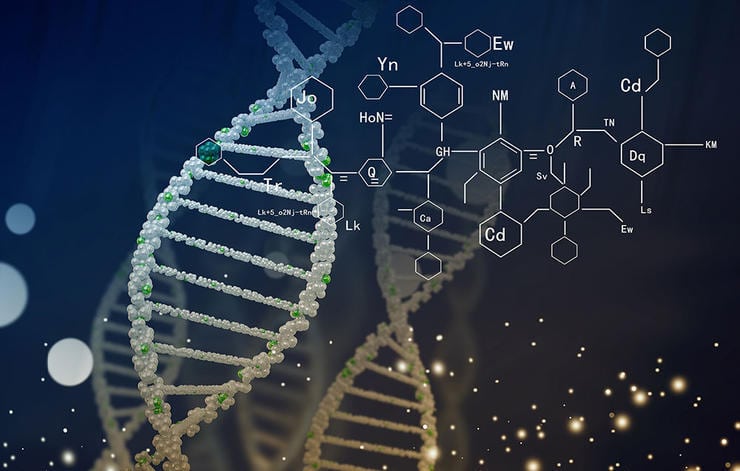
At-home, saliva-based genetic testing is already here. And it’s about to get a lot more helpful, Mesko says.
Using the term “nutrigenomics” to describe a cross between gene and nutrition science, Mesko says DNA testing will soon be able to tell you exactly what nutrients your body requires for optimal wellness.
“A smart app could let you know which food you should eat and what you should avoid at all cost,” he says.
When you think about all the ways that food allergies and sensitivities—as well as nutritional shortfalls—affect how you think, feel, and function, the benefits of nutrigenomics are almost limitless.
A California company called Habit is poised to be one of the first to offer this kind of service, Mesko adds. Many more are sure to follow.
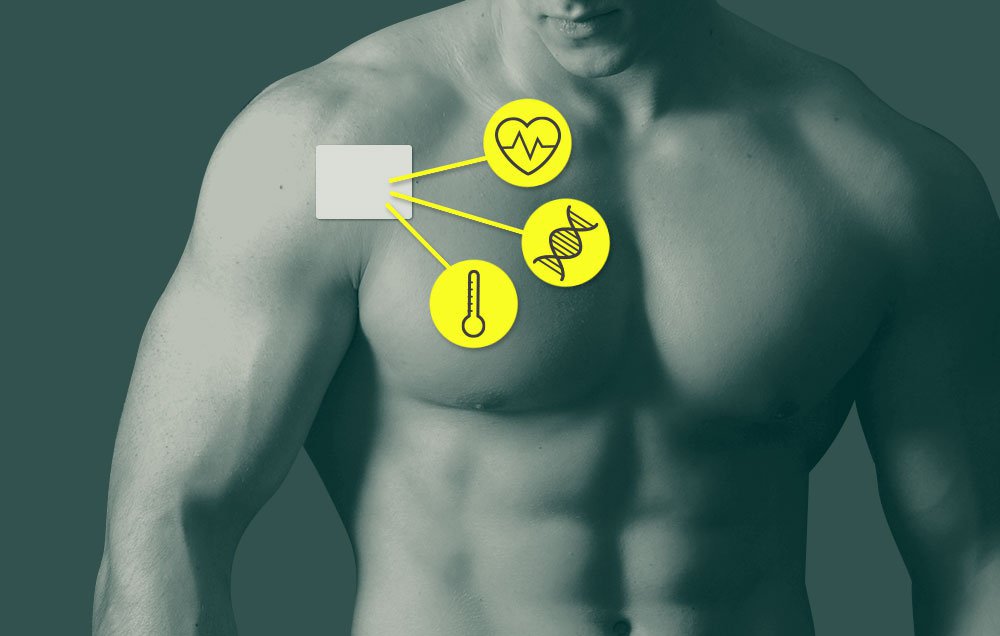
![]()


